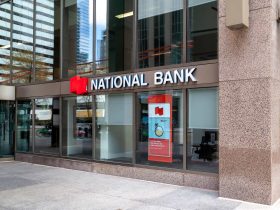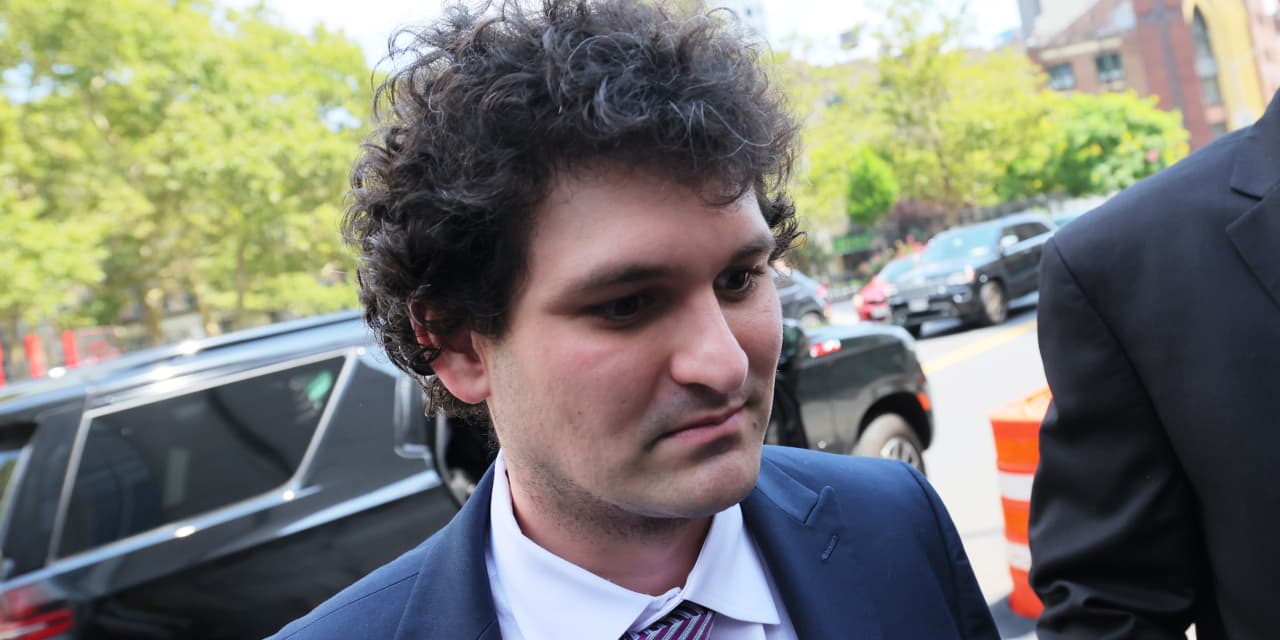A jury has found one-time crypto magnate Sam Bankman-Fried guilty, marking the dramatic end to a monthlong trial in Manhattan federal court.
The case went to the jury on Thursday after prosecutors and the defense wrapped up their closing arguments. They found him guilty on all seven counts after just a few hours of deliberation.
The 31-year-old founder and former CEO of the defunct crypto exchange FTX had pleaded not guilty to the seven counts, including fraud and money-laundering. FTX collapsed one year ago, losing billions of dollars of customer money.
The trial featured testimony from nearly two-dozen people, including three of Bankman-Fried’s closest lieutenants. Prosecutors said Bankman-Fried took $10 billion of customer money and spent it on luxury real estate, venture-capital investments, loan payments, and political donations.
“This was a pyramid of deceit built by the defendant on a foundation of lies and false promises,” Assistant U.S. Attorney Nicolas Roos told the jury on Wednesday in closing arguments. “Eventually it collapsed leaving thousands of victims in its wake.”
Defense lawyer Mark Cohen told the jurors that prosecutors were portraying Bankman-Fried as a villain to make him appear culpable for customers’ losses even though they couldn’t prove he stole billions of dollars from them.
“Every movie needs a villain,” Cohen said.
After the verdict, U.S. Attorney Damian Williams told reporters outside the courthouse that Bankman-Fried “perpetrated one of the biggest financial frauds in American history.”
Williams added: “The cryptocurrency industry might be new, the players like Sam Bankman-Fried might be new, but this kind of fraud, this kind of corruption, is as old as time.”
Prosecutors showed jurors excerpts of testimony from the three former top lieutenants of Bankman-Fried, all of whom said they committed crimes at his direction.
The customer money was moved from FTX to a related company, Alameda Research, prosecutors said, adding that the main points in dispute in the case were whether Bankman-Fried knew where the money went and whether he knew that was wrong.
“He took the money,” Roos told the jury. “He knew it was wrong. He did it anyway.”
Cohen told the jury that bad business decisions and mistakes aren’t crimes and that the government hasn’t proven that Bankman-Fried operated with criminal intent.
Carl Tobias, a professor at University of Richmond School of Law, said the prosecution relied on Bankman-Fried’s former closest colleagues and cast him as “engaging in garden-variety fraud” rather than a more elaborate scheme.
Write to Liz Moyer at liz.moyer@barrons.com
Read the full article here













Leave a Reply